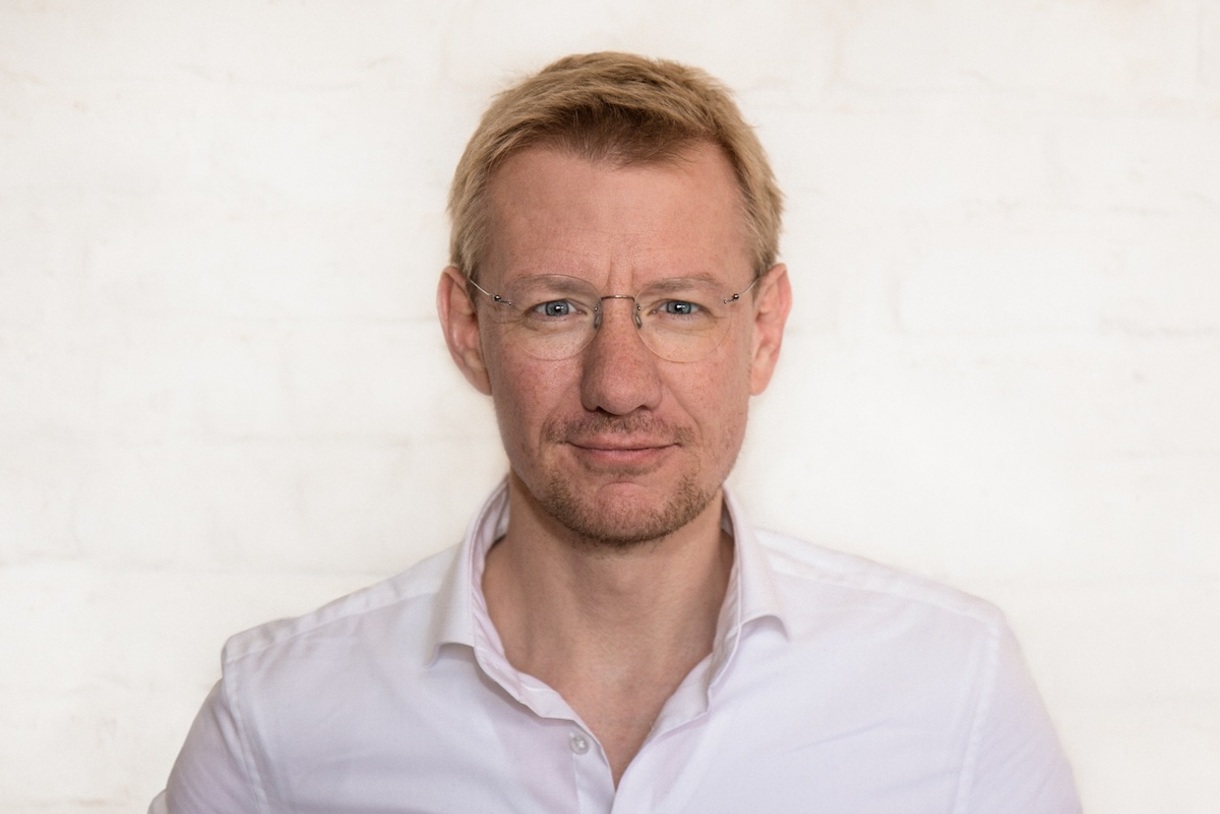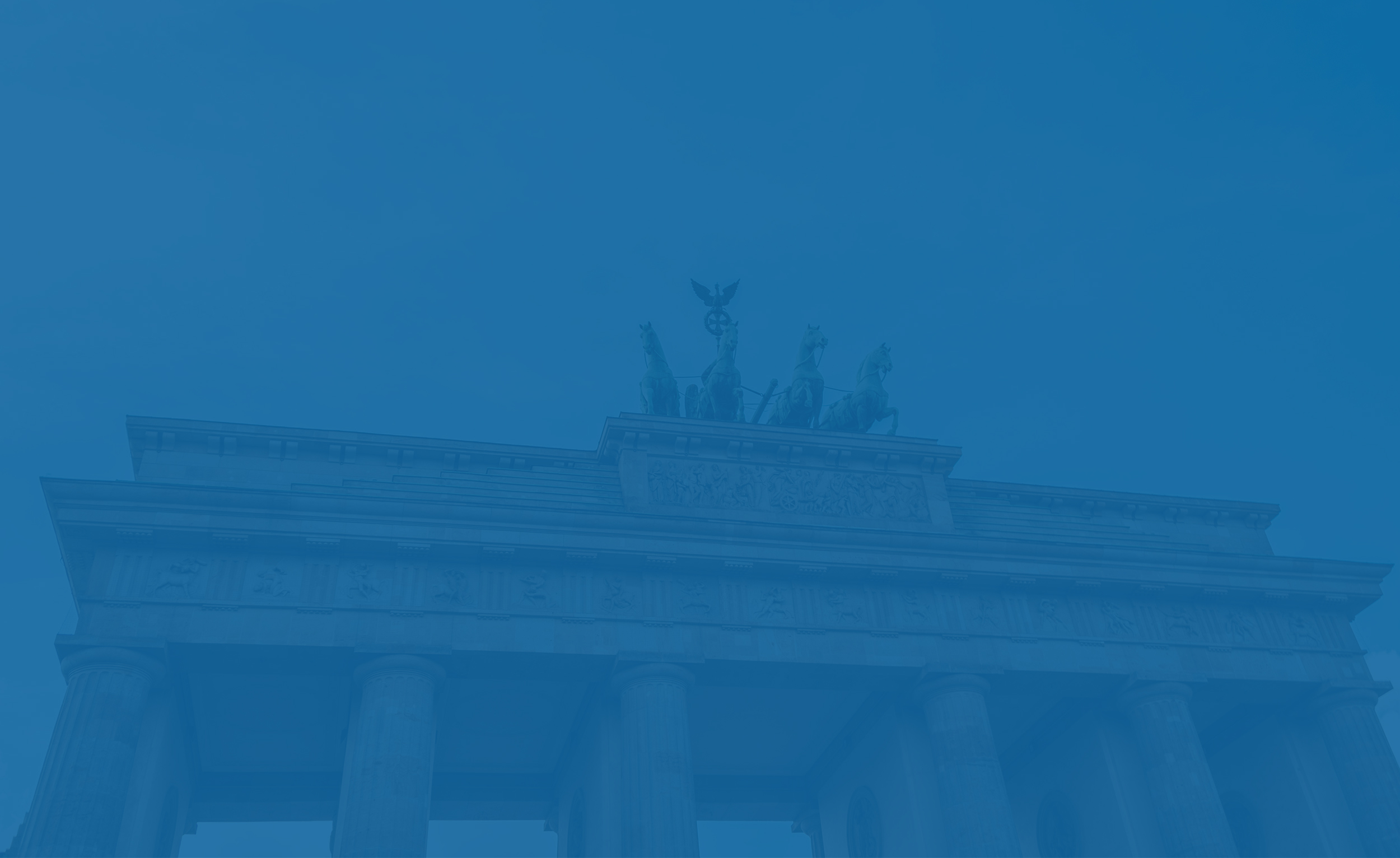
19 Jun [Interview] Dr. Philipp Kreibohm – Start-up investor & founder of Home24
Dr. Philipp Kreibohm, entrepreneur and founder of Home24, originally studied law but founded the Berlin software company “Mundwerk” together with friends in 2000, while still a student. He sold his share before his second state examination and then worked for the law firm Freshfields and as a consultant for BCG. He didn’t stay for long and decided to join the founding team Rocket Internet for two years before he founded Home24 in 2009. Home24 is now active in seven European markets as well as in South America. The company went public in 2018, time for Kreibohm to retire from the operative business in spring 2019. Today he is an investor in the technology sector. We spoke with Philipp Kreibohm about the tech future after Corona, the promotion of the European ecosystem and possible stumbling blocks along the way.
ECA:
Philipp, you’ve done and helped shape a lot in the past. Ten years of Home24 is a long time. Are there still any challenges within a company after a decade?
Philipp K.:
Absolutely. At the time of the founding of Home24, the furnishing industry did not yet exist in e-commerce. At the same time, we have observed a migration from offline business to the online market. Our initial hypothesis was to counter this demand with a corresponding offer. Today, Home24 is the leading online platform for furniture and furnishings in Continental Europe and Brazil. We have drilled a thick plank, with all the ups and downs, large and small. It’s like a marathon, no more like an Ironman, we are still at the beginning and we still have a lot to do.
The construction of Home24 has been an incredibly fascinating and fulfilling task. On the other hand, you have to take a deep breath again sometime. It is important that a team grows up that can do certain things even better than you can. This is the case with us. I have never been someone who thought that you can do everything best yourself.
ECA:
What, in your eyes, has developed the most in the last five to ten years in the European tech sector?
Philipp K.:
We have clearly caught up. The number of start-ups and early-stage financing has increased considerably. Nevertheless, there are still challenges in the later-stage and growth areas. A large part of the financing does not come from Europe, but from America or Asia. And the number of companies that make it to the stock market is small compared to other major geographies. At the same time, we know that European start-ups can be very promising and the potential is not significantly different from the US or China. But we lack the air and the financial stamina to take a company to a national, European or international champion on the long haul.
Today, the consumer Internet is less in the foreground when it comes to start-ups. There has been a development towards more B2B topics, where value chains are broken up and digitalised, all the way to deep tech. This is a promising development that shows that digitization offers many opportunities for value creation, whether in efficiency, cost or marketing issues. We are living in a great time, where you can get something going with the use of – comparatively small – sums of money through technology and entrepreneurship.
ECA:
So one of the big stumbling blocks to rapid and effective development in Europe is the lack of financial stamina in your opinion?
Philipp K.:
Yes, that makes the difference. Do we just have good ideas or do we make it to champions? To go through the ingredients briefly: what makes a successful tech start-up? Actually not much: first of all the business model with a large, attractive market and a good product-market fit. An excellent team and finally the necessary capital to kick-start the start-up and finance growth in a sustainable manner. Europe lacks neither the corresponding intelligent technologies nor good business models or excellently trained founders and employees. Above all, there is a lack of money. 90 percent of global venture capital still goes to the USA and China. Europe is a wallflower here.
As far as the technology sector is concerned, we from Germany have been looking at France lately, sometimes with a little admiration. It is very exciting to follow the work of Macron, who even before Corona proved with many effective measures that securing France’s technological and economic sovereignty is an important issue for him.
ECA:
Does this mean that you see a lot of potential for the tech sector in the economic cooperation between Germany and France?
Philipp K.:
Joint initiatives would significantly increase the impact. The central issues are money, promoting the accessibility of talent, and overcoming bureaucratic hurdles. In France, these issues are being tackled at a national level and at great speed. Examples are the 5.5 billion fund in 2019, the Next 40 initiative, French Tech 120 or the Tech Visa. In Germany, there has been much and long discussion, but it was only in the course of the Corona discussion that the first concrete initiatives were launched. In the single European market, Germany and France have always been the driving force behind European integration. That has stopped something in recent years, which is very regrettable. Particularly with regard to the technology sector: in the USA and China tens of billions of companies have been created in the technology sector over the last 50 or 60 years, including companies with a market value of less than EUR 100 billion. In Germany, there is only one “global champion”: SAP. Slowly, Zalando and a few others are growing back as bearers of hope. Nevertheless, we must ask ourselves self-critically whether we have done a good job in Germany and Europe as a whole. I think: no.
ECA:
How do you think the European Champions Alliance can better help to develop this network? Promote the ecosystem even more?
Philipp K.:
For every start-up and scale-up that has demonstrated the first product-market fit in its home market, internationalization is the next logical step, especially into neighbouring European markets. At the same time, despite the single market, there are many national, regulatory provisions in Europe, e.g. in tax or labour law. Here it is important to simplify intra-European market entries. As an industry, we have to show the way, build bridges and give appropriate impetus to all those involved, in politics and beyond. This is an important task where the ECA can help.
ECA:
We are still in the Covid19 crisis. Especially in the times of the lockdown, we in Europe have realized how dependent we are on technologies from the USA and China. What conclusions do you draw from this?
Philipp K.:
The Corona crisis is another wake-up call. Especially in technological terms, the focus must be on greater European sovereignty. Why do 96 percent of all European data reside on American and Asian servers – privately and professionally? Why are there no competitive European alternatives? Why are we lagging behind in AI, quantum computing, autonomous driving, electrification of the automotive sector?
At the same time, I am sceptical about government or state-led initiatives. The state has never been a good entrepreneur. The main thing is that we have to strengthen the competitiveness of the tech industry. That can only be done through an intelligent regulatory, regulatory and fiscal framework, and that has to be put in place. All in all, it is no magic wand: companies build their business where they find good framework conditions. The task of politics is to focus on this at a national level or even in Europe and to do so quickly. In the platform economy, network effects lead to exponential growth. The results are companies like Google, Facebook, Amazon or Alibaba. The lead we have lost there cannot be made up again so quickly.
ECA:
You say the state is not a good entrepreneur. What criteria would you use to support start-ups during and after the crisis?
Philipp K.:
I am inclined to answer: “Never waste a good crisis”. This may sound cynical, but it doesn’t help: we have to take the crisis as an opportunity. There are start-ups that have been highly successful up to now, but were hit by this crisis with enormous force through no fault of their own. Help must be provided quickly and without complications. Whoever rescues Lufthansa and Air France must also help the future and hopefuls who are in need, the tech start-ups that have been successful so far.
In general, however, there will be opportunities for the digital sector, in particular, to emerge from the crisis stronger than before. And the start-ups will take advantage of these opportunities, I am quite sure of that. All in all, I am optimistic about the time after the crisis.
ECA:
What are the most important framework conditions in which we have to tighten the screws in Europe relatively quickly?
Philipp K.:
Three points currently seem to me to be particularly important in Germany that can be transferred to the European level: in Germany, discussions have been going on for a long time about a large future fund that is oriented to some extent to the French 5.5 billion euro fund. This fund should amount to ten billion euros. I welcome this fund as an initial lever for private investment. An initial tranche of EUR 2 billion was recently released for the Corona crisis. Under the so-called Corona Matching Facility, however, only companies with European VC funds as investors are eligible for this, which may be justified on industrial policy grounds, but does not help the start-ups affected, as many are from non-European VCs, from family offices, through business angels or self-financed. If a previously very successful start-up gets into a crisis through no fault of its own, its rescue cannot depend on who was previously the investor. Also, the design of the Corona Matching Facility’s so-called tender obligations is unattractive for many VCs, so that the money does not reach the start-ups. So this is a well-intentioned initiative, but one that has not yet been implemented well enough, especially in the crisis. In the medium term, the main task must be to improve the structural and fiscal framework conditions for private venture capital.
The second important point in my view is employee participation. One of the most important drivers for building a successful company is a good team. This team must be able to participate in the success of the company. In Germany, there are major tax hurdles for this. There are now initial declarations of intent to address this issue now. A lot of time has been lost in Germany compared to other European countries. We simply have to act faster on important, obvious issues.
And one last point: in Germany and in Europe, any kind of thought games about taxing assets are prohibited. For strongly growing and therefore often still loss-making start-ups and their founders, this would mean that “paper money” would ultimately be taxed, even though there would be no liquidity available for it due to a lack of profits. This would have devastating consequences for the existence of the entire industry. Hasso Plattner was quite right to warn against this.
ECA:
You said we have everything we need in Europe: technologies, ideas, inventors, entrepreneurs and a single market comparable to the US. Is Europe perhaps lacking the necessary “Think Big”? Why don’t we dare to do more right from the start?
Philipp K.:
There is basically something to it. And yet, from a business perspective, caution is also called for. Many “Think Big” scaling projects have failed because the model, the product or the execution were not good enough. The founding of a company is often a trial and error attempt. The same applies to internationalization. However, with massive scaling, all the wheels must mesh. It is also a great challenge to weigh up the various opportunities correctly. One opportunity is internationalization, another is the focus. When building up a company, there is a great temptation, but also the great risk, to lose focus. This focus can hardly be balanced with money, even if money remains the most important factor. The entrepreneurial task is to retain the appropriate management capacity for the core markets when internationalizing. On the other hand, with the right market opportunities and strong execution, we must, of course, have the ambition and the perseverance to build something big, even if it requires a lot of money and a lot of effort – as I said, more of an Ironman than just a marathon. There is a lot of potential, but we have to slowly develop from the mentality to it. Here, the appropriate framework conditions are particularly important to promote possible international champions.
One last point: in order to produce great future champions, we lack a deeper-reaching link between universities and the respective marketing of top-level research at institutional European level. There are initial initiatives which must now be steered in the right direction. For example, President Macron wants to abolish or reform the ENA. This could be a good occasion, I have been waiting for a long time for the political impetus to create a kind of Franco-German or European “Stanfords”. We have enough technocrats and lawyers in our countries. It would be desirable to create a joint university platform for excellent researchers, engineers and entrepreneurs. This would be a great catalyst to promote the future opportunities we actually have. So: more European Nobel Prizes, more European Googles, Apples, Amazons, Alibabas, etc. A corresponding European or initially Franco-German premium would provide an excellent breeding ground for successful global tech champions on European soil.
ECA:
Thank you very much for this detailed interview, Philipp Kreibohm!
About Home 24: With more than 100,000 listed items, 1.5 million active customers, a turnover of over €370 million in 2019 and 1,500 employees, Home24 is a leading e-commerce platform in Europe and Brazil. Home24 was listed on the Frankfurt Stock Exchange in 2018 and is one of the major German start-up success stories.

Carola Antelme
The interview was conducted by Carola Antelme. Carola is a German journalist for print, TV & radio. Most recently, she works as Markets Director of the Meetic Group in Paris. Research: Sophia Linnenkohl.


